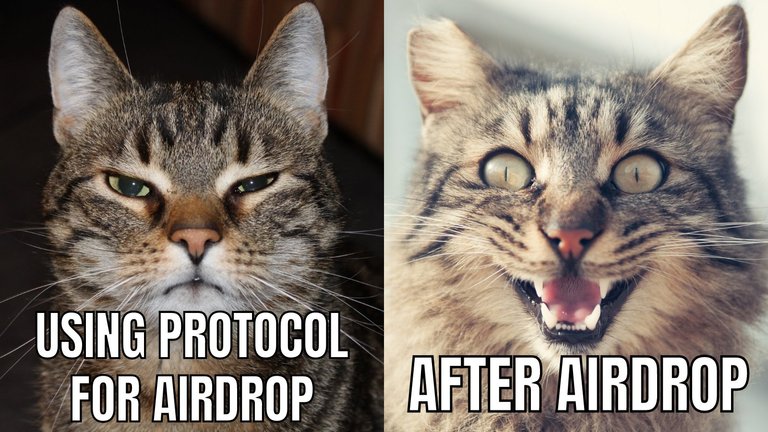Crypto thrives on incentives, not utility

A $1000 airdrop or another interesting decentralized solution (that really works)? Well, I’m not trying to guess your preferences but you’re more likely to choose the latter if you are from the crypto class of 2017 and older. Anything younger than that; that $1000 cashout is getting picked over anything else.
The crypto space grew faster post-2017 and if you ever wondered why, the answer is that projects finally hacked the major interest of people in this space…just like any other space where the possibility of getting rich is offered. I’ve accidentally qualified for a handful of earndrops and airdrops; Forth, Arbitrum, Celestia, and some I didn’t even bother claiming due to the ridiculous gas fees on the Ethereum blockchain. While I consider these a reward for genuine interest in projects, this is not the case for the millions of ‘crypto enthusiasts’ and ‘cutting-edge projects’ who have capitalized on the craving for free money. But before I start another paragraph, this is just one of my many rants that no one (should) care about. Don’t forget to farm your airdrop, regardless of what I say next.
But yeah, I assessed the daily activity charts of many L2 projects and testnets for L1 projects and noticed a similarity with that of a usual memecoin that an African ‘dev’ rug-pulled and is struggling to recover. Peak user activity before the airdrop and then everyone moves to the next hotspot. But that’s fine because the project team already capitalized on the ‘Two million’ active wallets. These stats get lost after launch, the reason…doesn’t fit the context of this piece.

Thousands of projects fill the crypto space, 70% didn’t exist before 2017 when even mind-blowing technologies got lost in the midst of hundreds of other high-tech decentralized solutions. Even Dogecoin – the only surviving memecoin of this era debuted some reasonable technology; one that a ‘dev’ can’t crash after an hour. But projects from this era get overshadowed by comparatively inferior new projects. Even with the bulkiness and high cost, original Ethereum DApps still score above alternatives on other new-generation networks in terms of request delivery.
Crypto has penetrated every sector that can run on the internet; Payment, AI, routine finance, health, and geography. In any case, these projects gain quick users, the popular belief is that this is driven by utility. Well, not so true when 90% wouldn’t bother about sticking to the traditional method if these ‘decentralized solutions’ aren’t laden with ‘get rich quick’ kind of promises. The user activity stats on decentralized social platforms compared with the reward value over time prove that everyone will be fine with Facebook and Twitter if these platforms don’t promise to pay them for drinking coffee.
Crypto thrives on incentives, just like any other similar system. Only issue is; these decentralized solutions couldn’t care less about delivering well-functioning applications when a community allocation in their tokenomics is enough to lure millions of users; despite the hardships of using these applications. Can blame users, everyone wants to get paid for being alive and these projects do it perfectly. One airdrop after the other and even more routine rewards. Every project leads with a token before the real product. As long as something is promised, users will flock. Rinse repeat.
If an incentive was attached to writing these rants, I’d have done more of it, but that’s not the case. So, it comes once in a while. Maybe when Bitcoin hits $80K I’ll work on the next edition of Snack Talk…if it does. To close this one out, it will be cool if projects focus on genuine utility and plausible UX.
Posted Using InLeo Alpha